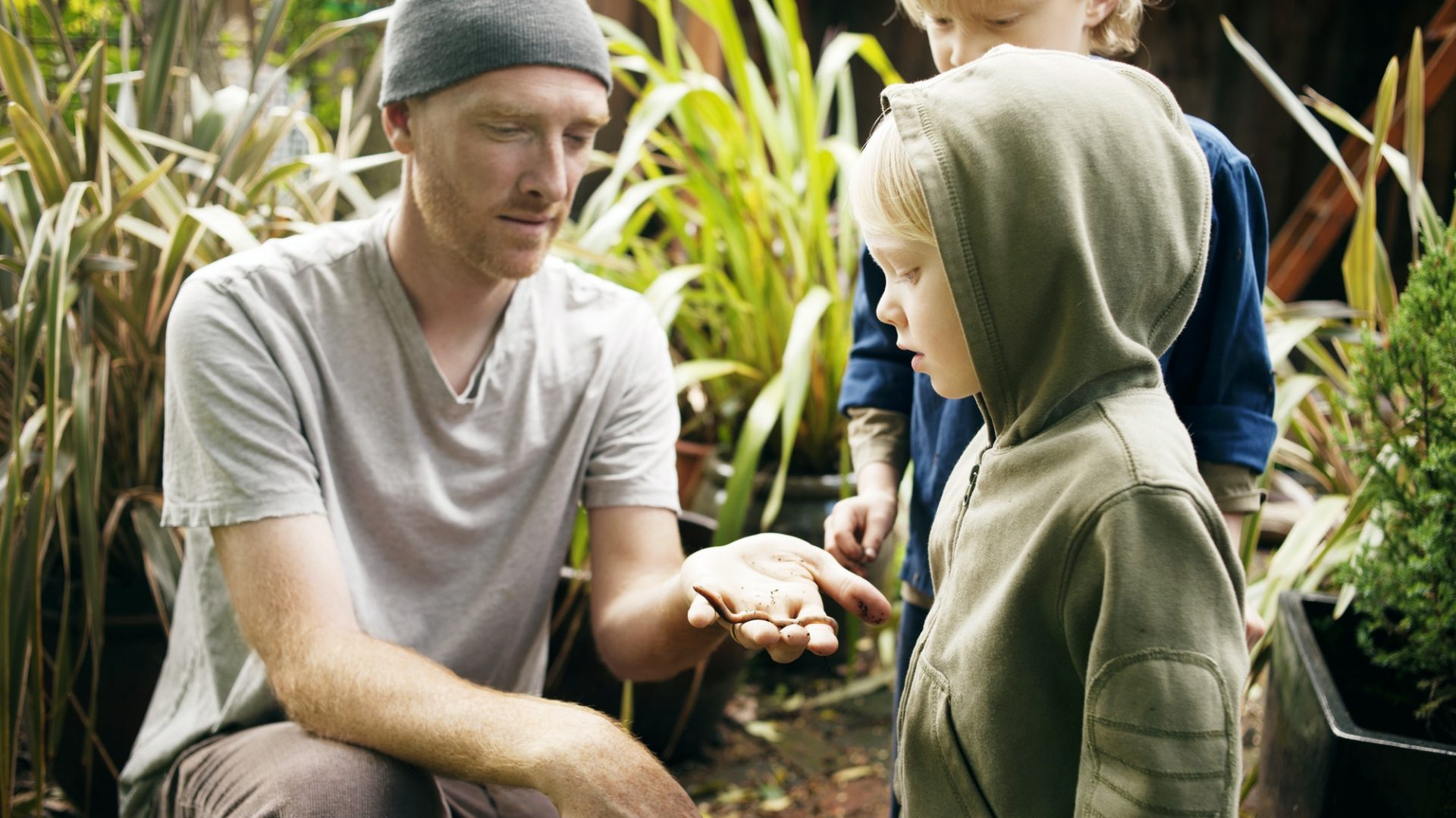Introduction
Plant nurseries are a haven for both seasoned gardeners and budding enthusiasts alike. These green sanctuaries play a pivotal role in preserving biodiversity, supporting landscaping projects, and providing a space for individuals to connect with nature. In this article, we’ll delve into the world of plant nurseries, exploring their significance, types, and tips for navigating them successfully.
The Significance of Plant Nurseries
Plant nurseries serve a variety of vital functions within the realm of horticulture and environmental conservation.
- Biodiversity Conservation: Plant nurseries often house rare and endangered plant species, contributing significantly to their preservation. These facilities act as repositories for biodiversity, ensuring that these plants do not disappear from the natural landscape.
- Landscaping and Urban Greenery: Nurseries provide a diverse range of plants, trees, and shrubs that are essential for landscaping projects in both residential and commercial settings. They enhance the beauty and greenery of urban environments, promoting a healthier and more aesthetically pleasing atmosphere.
- Gardening Education: Many plant nurseries offer educational programs and workshops to help individuals learn about gardening techniques, plant care, and sustainable horticulture practices. This fosters a deeper connection to nature and encourages responsible gardening.
Types of Plant Nurseries
Plant nurseries come in various forms, each specializing in different aspects of horticulture.
- Retail Nurseries: These are the most common type of nurseries, where consumers can purchase a wide variety of plants, from flowering annuals to fruit-bearing trees. Retail nurseries cater to both amateur gardeners and professional landscapers.
- Wholesale Nurseries: Wholesale nurseries primarily serve landscapers, garden centers, and other businesses. They typically offer plants in bulk at discounted rates. Wholesale nurseries are vital for large-scale landscaping projects.
- Specialty Nurseries: Some nurseries specialize in specific plant types, such as succulents, roses, or bonsai trees. These niche nurseries provide in-depth expertise and a wide selection of their chosen plant category.
- Mail-Order Nurseries: In the digital age, many nurseries have expanded their reach by offering plants for purchase online. These nurseries ship plants directly to customers’ doorsteps, making it convenient for gardeners worldwide to access rare and unique species.
Navigating a Plant Nursery
When visiting a plant nursery, whether for a specific project or simply to enjoy the greenery, it’s essential to make the most of your experience.
- Planning Ahead: Before your visit, research the types of plants you want to buy or explore. Create a list of specific species or varieties to guide your search.
- Inspecting Plants: Examine the plants carefully. Check for signs of disease, pests, or stress. Look at the foliage, stems, and roots to ensure you’re purchasing healthy specimens.
- Asking Questions: Don’t hesitate to ask nursery staff for advice or information about the plants you’re interested in. They can provide valuable insights on care, maintenance, and compatibility.
- Considering Local Climate: Choose plants that are well-suited to your local climate and soil conditions. Native or drought-tolerant species often require less maintenance and water.
- Sustainability and Ethics: Inquire about the nursery’s sustainability practices. Are they using organic growing methods, and do they source plants responsibly? Supporting environmentally conscious nurseries can help promote eco-friendly gardening.
Conclusion
Plant nurseries are the heart of horticulture, offering a wealth of resources for nature enthusiasts, gardeners, and environmentalists. By understanding their significance, exploring the various types, and adopting smart strategies for navigating them, you can make the most of your visits to these green oases. Whether you seek rare specimens, gardening knowledge, or simply a peaceful place to connect with nature, plant nurseries have something to offer everyone. So, the next time you step into a nursery, remember that you’re not just buying plants; you’re investing in a greener, more beautiful world.
This article is provided by
